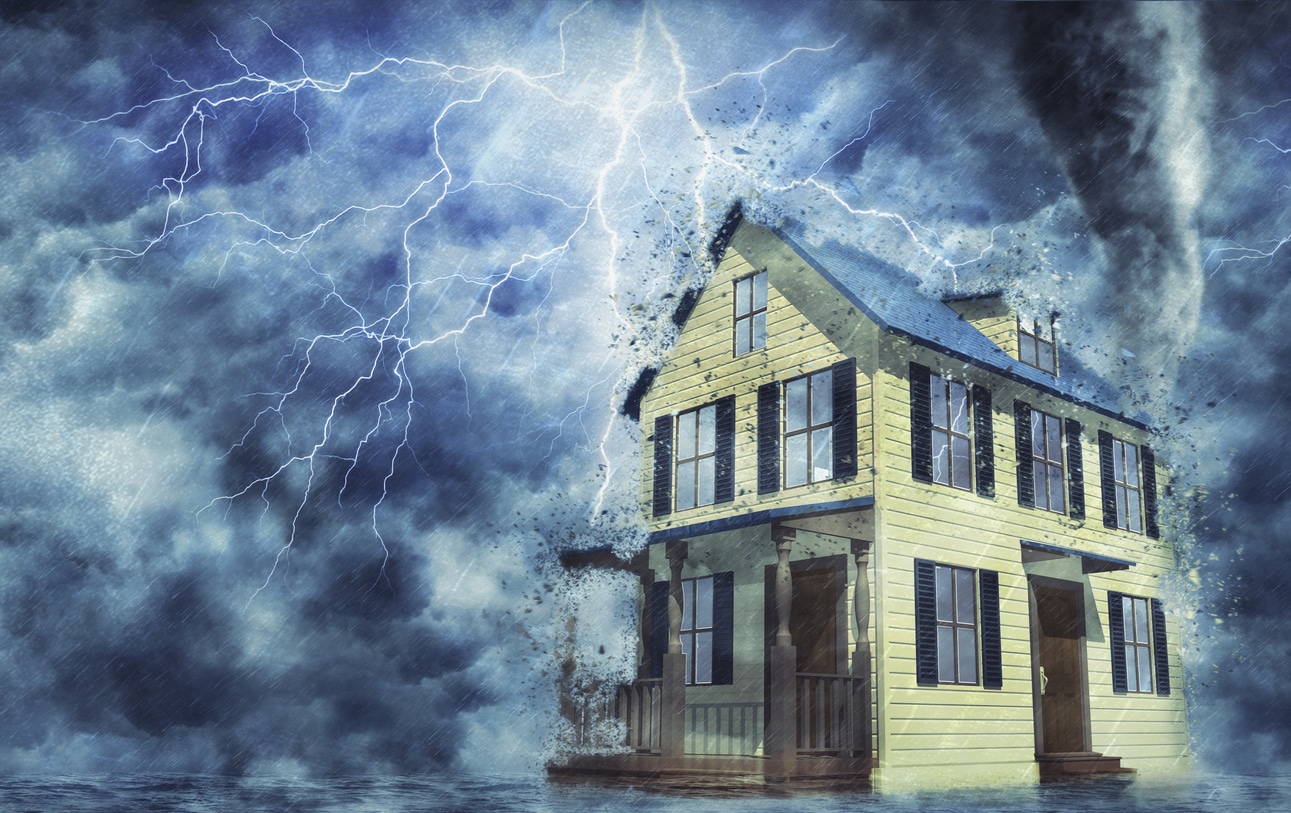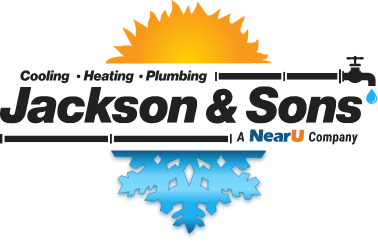
Storms and HVAC damage are a frequent combination, especially in the wilder weather that seems to be more common these days. In many cases, the home’s central air conditioner or heat pump and the system thermostat may be vulnerable — and for good reason: The thermostat is connected to the home’s electrical system, and often, major AC or heat pump components are installed outside in the elements. The combination of storms and HVAC units can incur damage in two ways:
- Power surges in household circuits can damage sensitive electronics inside programmable thermostats.
- The outdoor unit of a central AC or heat pump can be damaged by heavy snow or ice, falling limbs, wind, and flooding associated with severe storms.
When it comes to storms and HVAC, here are some steps to take to prevent damage in the event of heavy weather:
- During a severe storm, power surges may occur on the local grid. Take preventative measures by adding a whole-house surge protector to your electrical system. Typically installed at the main electrical panel, it guards against power surges that could damage the thermostat and other sensitive electronics.
- To protect against damage to the outdoor AC or heat pump component, take preventative measures by cutting back any heavy overhanging limbs that might break and fall on the unit during a severe storm.
- Ground surrounding the outdoor unit should be graded to divert water away from the unit in the event that flooding should occur during very heavy rain.
- Make sure gutters that may be near the outdoor unit are clear and not clogged. Water cascading out of a clogged gutter could damage an outdoor AC or heat pump below.
- When severe weather is approaching such as a hurricane or tornado, there are custom-sized covers that can provide extra protection from storm damage. Another useful safeguard is a piece of plywood cut to size and placed on top of the outdoor unit. Keep in mind you would not use take these measures under normal circumstances.
For more on the potential connection between storms and HVAC damage — and precautions you can take to prevent it — talk to the professionals at Jackson & Sons.

